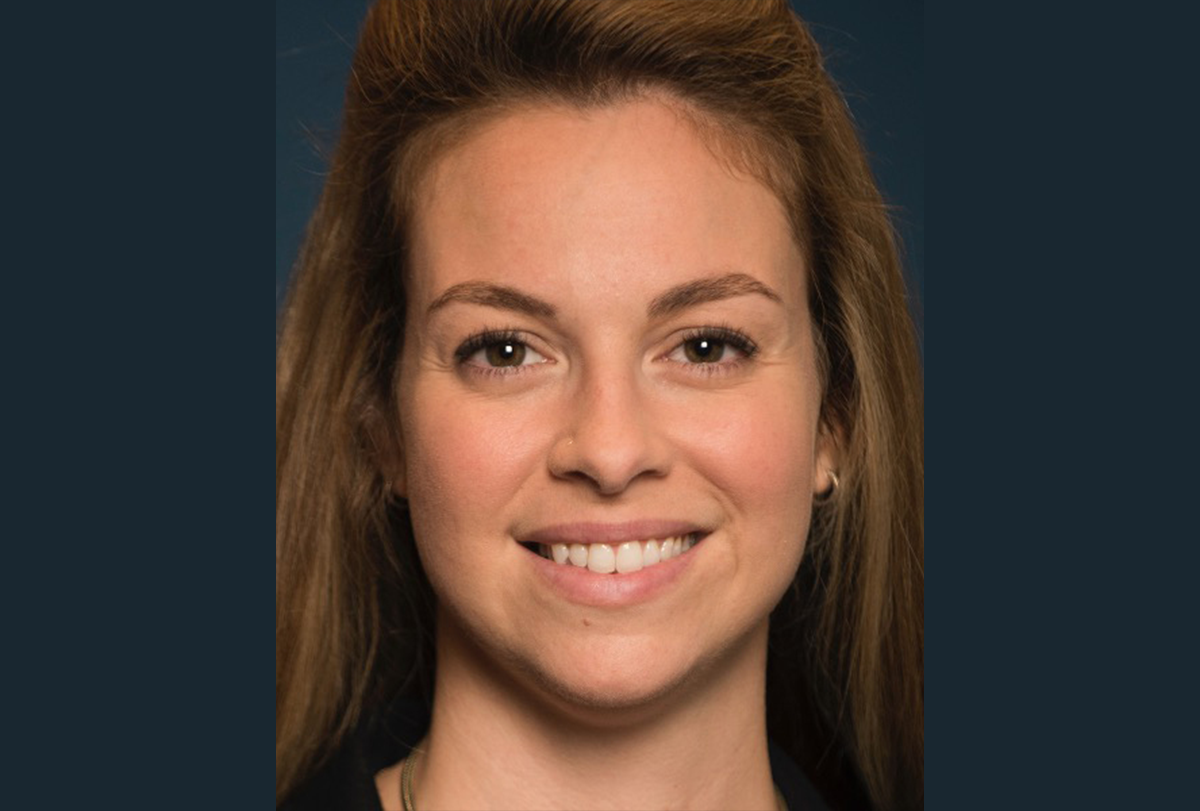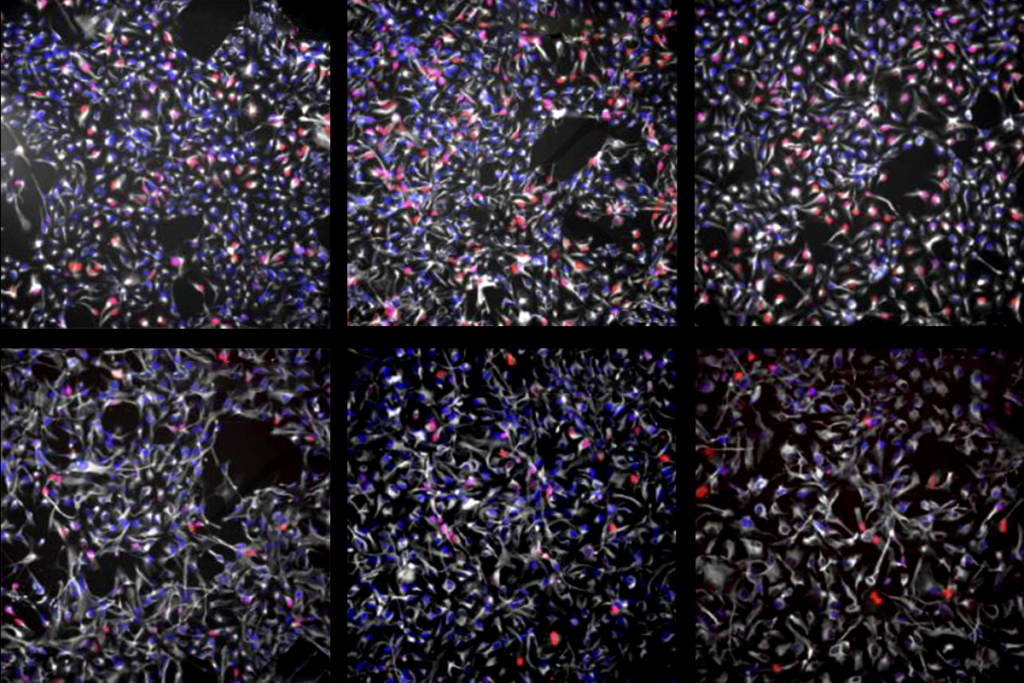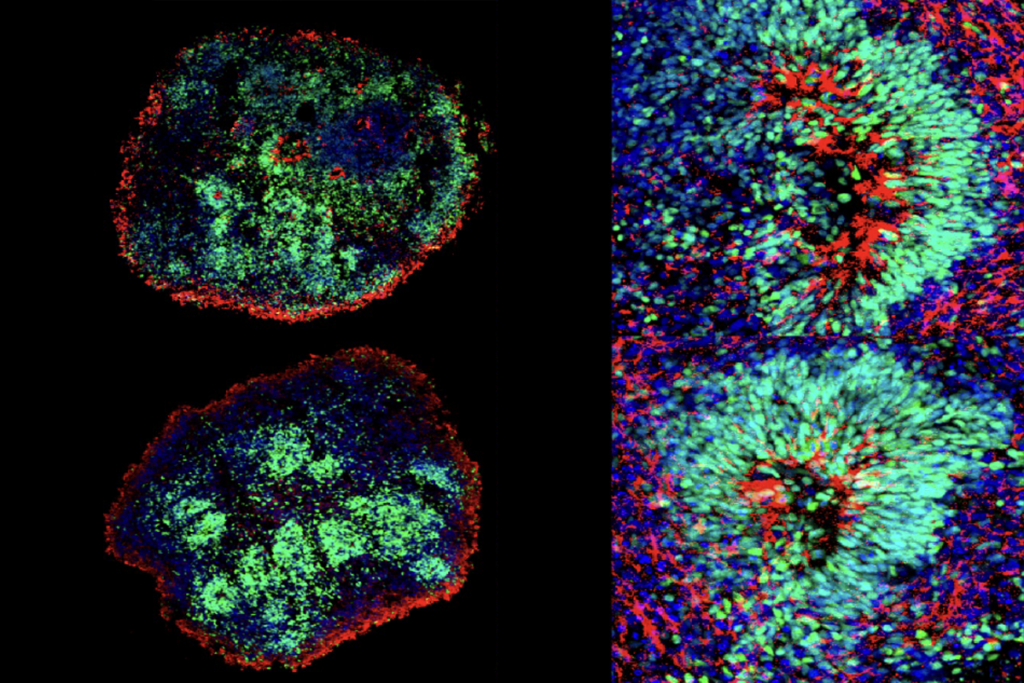For Cara Pugliese, the email came at 4:54 p.m. on Saturday, 15 February. According to a Facebook post that Pugliese published on 18 February, her employer, the U.S. National Institute of Mental Health (NIMH), wrote that she was “not fit for continued employment because your ability, knowledge, and skills do not fit the Agency’s current needs, and your performance has not been adequate to justify further employment at the Agency.”
Pugliese was chief of the Autism, Attention-Deficit/Hyperactivity Disorder, and Externalizing Disorders Interventions Research program. Her abrupt termination is “ridiculous,” says Laura Anthony, professor of psychiatry at the University of Colorado Anschutz Medical Campus, who has mentored and worked with Pugliese since 2013. “She’s such an amazing scientist, and creative and working hard to get interventions out to where kids and families are who need them,” adds Anthony, who has corresponded with Pugliese since receiving the news of her layoff. “She has been a superstar [at the NIMH] as well.”
Pugliese joins what is now reported as 1,165 National Institutes of Health employees cut from the agency since 14 February. The layoffs mostly targeted probationary employees, including Pugliese, who had held her position for 344 days—just 21 days shy of completing her one-year probationary period, according to her 18 February Facebook post, which has been shared more than 26,000 times. (Representatives at the NIMH have not responded to The Transmitter’s email and phone requests for comment.)
In her role at the NIMH, Pugliese advised researchers on agency-funded studies exploring how to leverage schools and other community spaces for delivering evidence-based autism interventions to those in hard-to-reach areas, such as rural settings. “I didn’t take the move to NIMH lightly,” Pugliese wrote in her post. “I went because I believed in shaping the future of autism and mental health research, impacting policy, and ensuring that science actually reaches the communities that need it most.” (Pugliese confirmed the termination to The Transmitter but declined to discuss it further.)
Prior to taking her position at the NIMH in March 2024, Pugliese was tenured at George Washington University. In the Facebook post, Pugliese wrote that she had spent two decades in academic research and advocacy and was recruited based on her expertise “to help develop ways to get low-cost, evidence-based mental health care into schools and community settings.”
W
ithout Pugliese, several NIMH-funded projects she supervised could be in limbo. “We don’t know what the implications are,” says Alice Carter, professor of psychology at the University of Massachusetts Boston. Until last Saturday, Carter’s ongoing NIMH grant—funding a multisite clinical trial to investigate the efficacy of a parent-mediated intervention in four U.S. states—was under Pugliese’s purview.“Losing senior scientists with this much depth of experience and knowledge, it’s not an easily replaceable thing,” says Carter, whose grant is set to expire in May. Pugliese was “pushing us to make our science the best that it can be.” As of yesterday evening, Carter has not received any communication from the NIMH about Pugliese’s termination.
Layoffs such as Pugliese’s reflect a seemingly random approach to reshaping the federal agency—done without much consideration for downstream effects, Anthony says. “It’s just a loss to science, and it’s happening to so many terrific people.”






